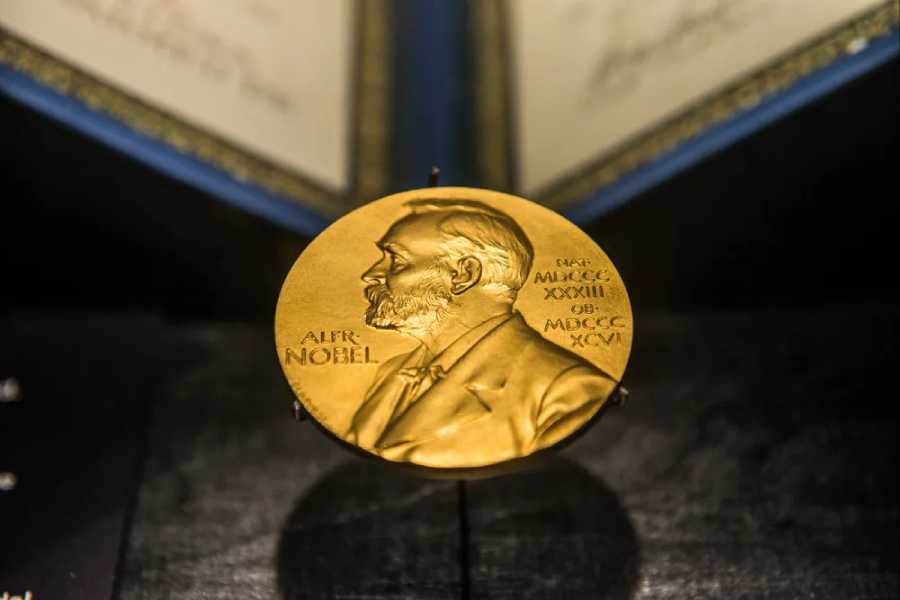Meant to reward those whose work has “conferred the greatest benefit on mankind”, six Nobel prizes are awarded annually. This year has not been an exception, with the Nobel prizes being announced this week. The original legacy left behind by the Swedish chemist and inventor, Alfred Nobel, had named five prizes for Physics, Chemistry, Medicine, Literature and Peace, respectively; a sixth one for Economics was added later. The world, though, has made much progress since 1895 when Alfred Nobel devised the awards. Questions concerning the Nobel prizes’ ability to be representative of not only present-day realities but also the principles of equality and unbiasedness can no longer be brushed under the proverbial carpet.
Consider, for instance, this year’s Nobel Prize in Physics: it has gone to two computer scientists who have revolutionised Artificial Intelligence. The recognition is well-deserved given the significance of AI in the 21st century; but should the honour have been given under the header of Physics? This brings us to other, relevant queries. Are three prizes enough to cover the vast and diverse fields in the sciences? Does such quantitively spartan honour not undermine the role of interdisciplinary research that is key to scientific discovery? Scientific endeavours, after all, build on the works of others and are very often a team effort. Perhaps an even more serious charge is that of the tilt of the Noble Committee in the direction of the West. The Nobel Committee’s blindness towards work done outside of the Western sphere of influence remains pronounced. Data would tell this tale the best. The United States of America, Canada and western Europe have accounted for more than 80% of the total number of Nobel laureates since 1901, with Africa — unsurprisingly — being the worst represented. Embedded gender bias is yet another blight of the Nobel Committee. As of 2023, 64 women and 894 men have won the prize. The Nobel prizes ought to be scrutinised for their inability — unwillingness — to assess and acknowledge the contributions of pioneering women from diverse fields. The Nobel Peace Prize, arguably the most ‘political’ of the awards, has, on occasions, also led to a war of words given the troubling legacy of some of its recipients. Henry Kissinger — whose geopolitical policy decisions left a trail of an estimated three million bodies in far-flung places ranging from Argentina to East Timor — has, to cite just one example, been honoured with the Nobel Peace Prize.
The flaws and gaps in the Nobel prizes may have led to the emergence of alternative awards and grants. The Berggruen Prize for Philosophy & Culture, the Fields Medal for Mathematics, the Turing Award for computer science, the Pritzker Prize for Architecture and the Pulitzer Prize for journalism, among others, constitute, in a sense, the Nobels’ rivals. Yet, they pale in comparison to the Nobel in terms of prominence and prestige in the public eye. The Nobels’ predominance is therefore a function of their reflection of — subservience to? — the whims and choices of the powers that be that shape the present world order. Should that count for a noble trait?











